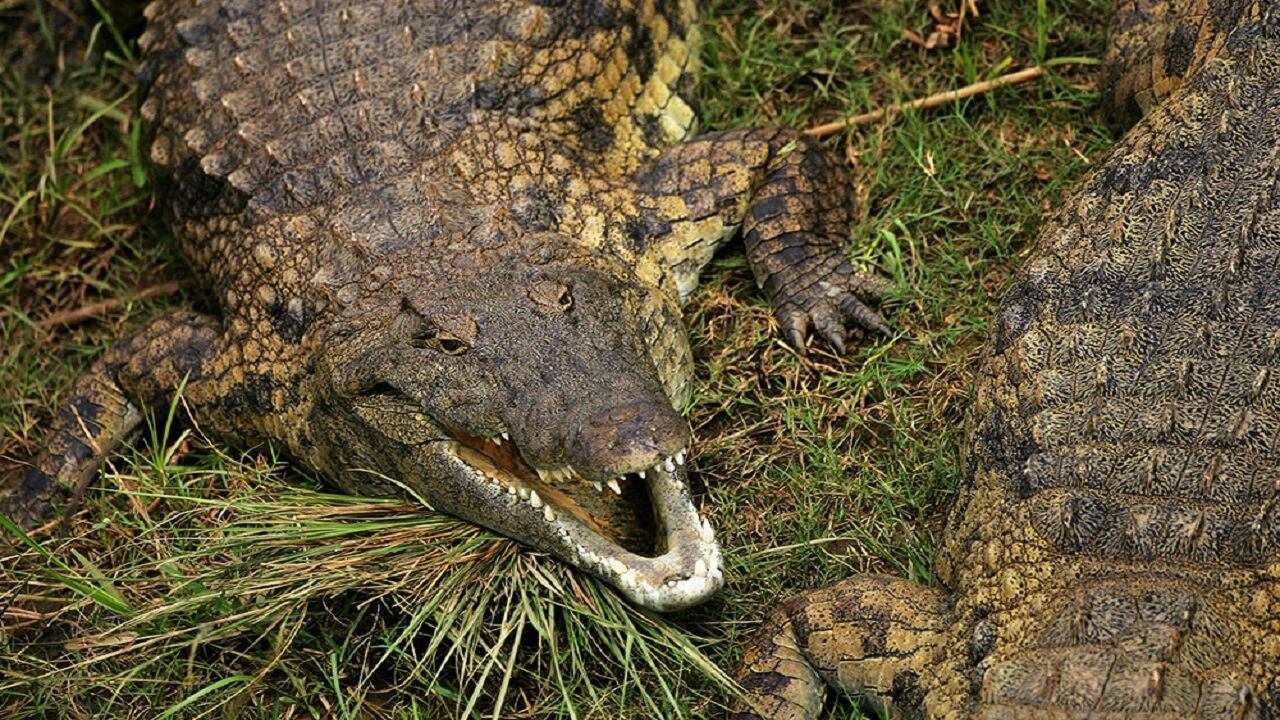Researchers confirmed in a recent study the capture of three Nile crocodiles in South Florida.
They are concerned that the man-eating reptile is staking a claim in the Everglades. If so, it could pose an even larger threat than other invasive amphibians like Burmese pythons, which have quickly adapted to the nonnative environment.
"I have two words: Burmese python," Joe Wasilewski, a researcher who worked on the study, told The Associated Press. "If you would have told me 15 years ago we would have an established population in the Everglades, I wouldn't have believed you."
Researchers studied three Nile crocodiles captured in 2009, 2011 and 2014, and through DNA testing for a University of Florida paper published April 30 in Herpetological Conservation and Biology determined that they were related. The analysis also proved that the animals did not match Nile crocodiles kept at Disney's Animal Kingdom or other licensed Florida attractions.
"They didn't swim from Africa," University of Florida herpetologist Kenneth Krysko told the AP. "But we really don't know how they got into the wild."
Nile crocodiles are believed to kill up to 200 people a year in sub-Saharan Africa. The reptile can grow up to 16 feet long and weigh up to 1,600 pounds.
The croc needs fresh water, plenty to eat and warm weather, scientists said. Florida wetlands as well as coastal areas of Alabama, Mississippi, Louisiana and Texas would also provide perfect refuge for the Nile croc.
There are about 1,000 American crocodiles in South Florida. There is no confirmed human death by an American crocodile, which are smaller and less aggressive than their Nile counterpart.
Crocodiles and alligators have subtle differences that make it easy to identify. Crocodiles, which are a brownish-yellow, have angled snouts and their teeth are exposed when their mouth is closed. Alligators have rounded snouts and are a blackish-green color. They can not crossbreed, researchers say.
The three Nile crocodiles were found near Miami. The first was a hatchling found on a front porch. It was sent to a Louisiana reptile exhibit. Another was a 4-foot-long female captured at a park. It is in the care of a researcher. The third was captured twice. The first time, it was released because it was caught by a trapper who did not have a permit. The female was recaptured and killed two years later about 18 miles away in the Everglades National Park.
Cox Media Group








